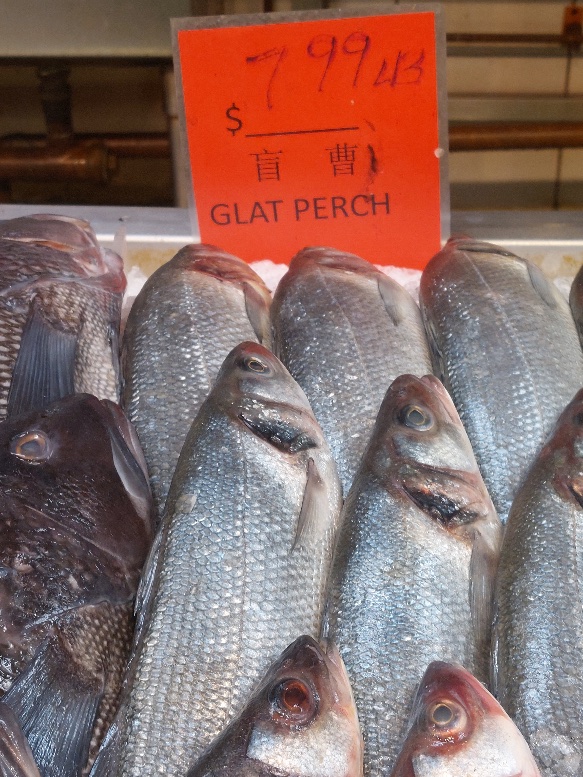Mind your Ps and Qs!
[Mind-boggling post from Pinyin News (12/8/22)]
"North Korea cracking down on wussy given names that don’t end in consonants"
North Korea is a scary, scary, scary place. Fortunately, at least for those of us not living in that People’s Paradise, every so often the country also provides important linguistic tips, which I am duty-bound to pass along to you.
For example, did you know that names without final consonants are “anti-socialist”? The wise authorities in North Korea have reportedly come to that conclusion and are presently dedicated to the task of cleansing that evil. Since October, “notices have been constantly issued at the neighborhood-watch unit’s residents’ meeting to correct all names without final consonants. People with names that don’t have a final consonant have until the end of the year to add political meanings to their name to meet revolutionary standards,” a resident of North Korea’s North Hamgyong told Radio Free Asia.
In meetings and public notices, officials have gone so far as to instruct adults and children to change their names if they are deemed too soft or simple …, another source said….
The government has threatened to fine anyone who does not use names with political meanings, a resident in the northern province of Ryanggang told RFA on condition of anonymity to speak freely.
Read the rest of this entry »
